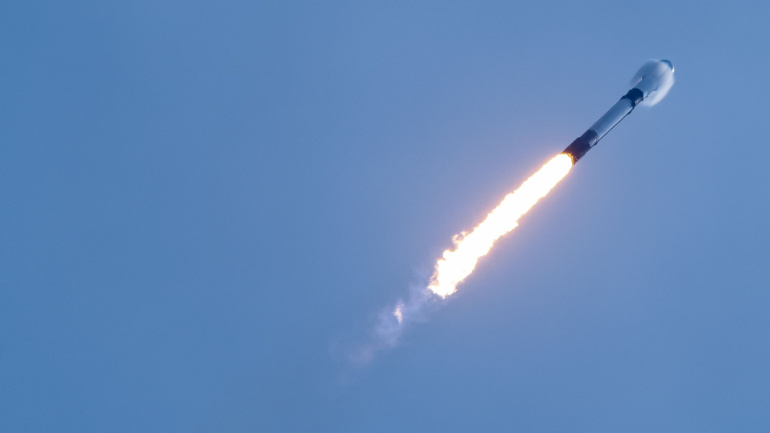Billionaire Elon Musk recently met with Indian Prime Minister Narendra Modi during his diplomatic visit to the USA. Reports suggest that their discussions revolved around Musk’s potential business ventures in India, which included building a Tesla manufacturing base and launching SpaceX‘s commercial Low Earth Orbit (LEO) satellite service, Starlink, in the country.
However, bringing Starlink to India might be a challenging process due to SpaceX’s current clash with India’s mobile operators over spectrum policy. The Indian government is planning to soon auction satellite-suitable spectrum, treating it similarly to 4G and 5G suitable bandwidths. On the other hand, SpaceX is lobbying the government to reconsider this strategy, arguing that the spectrum should be allocated equitably to suitable companies without an auction. The company believes that an auction would increase costs and impose geographic restrictions, reducing the service’s reach and economic viability.
However, Reliance Jio, one of India’s leading telecom operators, disagrees with SpaceX’s stance. They argue that foreign satellite companies like SpaceX could provide voice and data services to consumers, directly competing with the telecoms sector. Therefore, an auction is required to ensure a level playing field for the market.
Notably, Musk had tried to launch Starlink in India in 2021 but faced regulatory challenges. The Indian government ordered SpaceX to return preorder deposits and await full regulatory approval from the Indian National Space Promotion and Authorization Centre (IN-SPACe) and Department of Telecommunications (DoT).
The competition in India’s communications satellite space has intensified recently, with Jio Platforms forming its LEO satellite business, Jio Satellite Communications, as well as partnering with satellite specialist SES for a joint venture called Jio Space Technology Limited. India’s second-largest mobile player, Bharti Airtel, owns a significant stake in the UK government-backed LEO satellite operator, OneWeb. Additionally, Nelco, a local satellite company owned by Tata, and Canada’s Telesat are rumored to be interested in launching satellite services in India and seeking spectrum licenses.
Furthermore, Amazon’s Project Kuiper, a long-awaited LEO satellite project, is expected to launch its first satellites next year, with India being a crucial market for the service’s growth.







